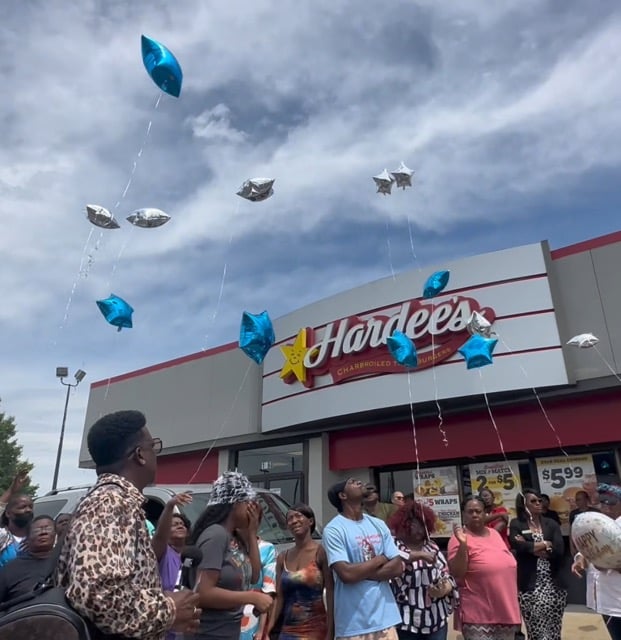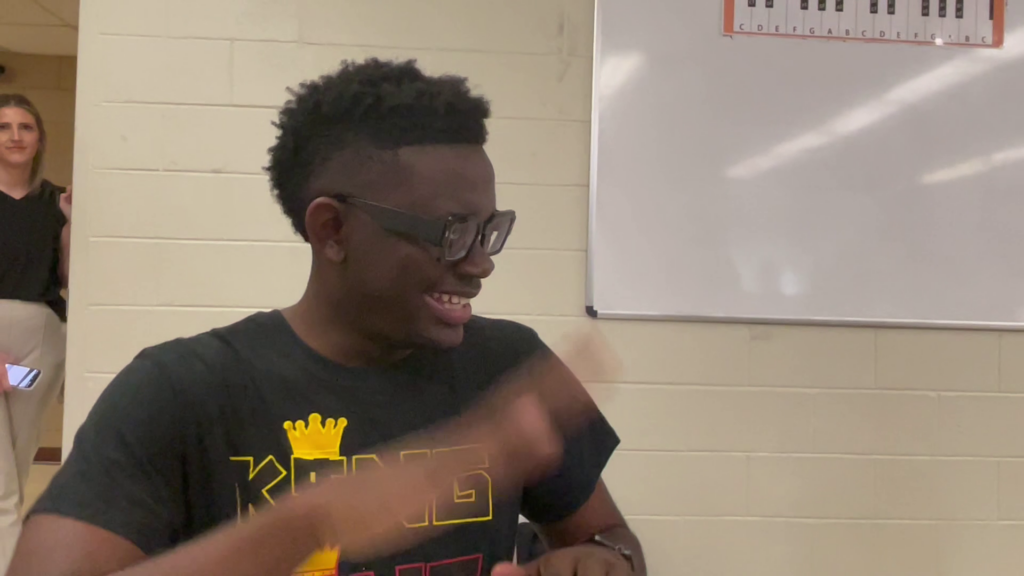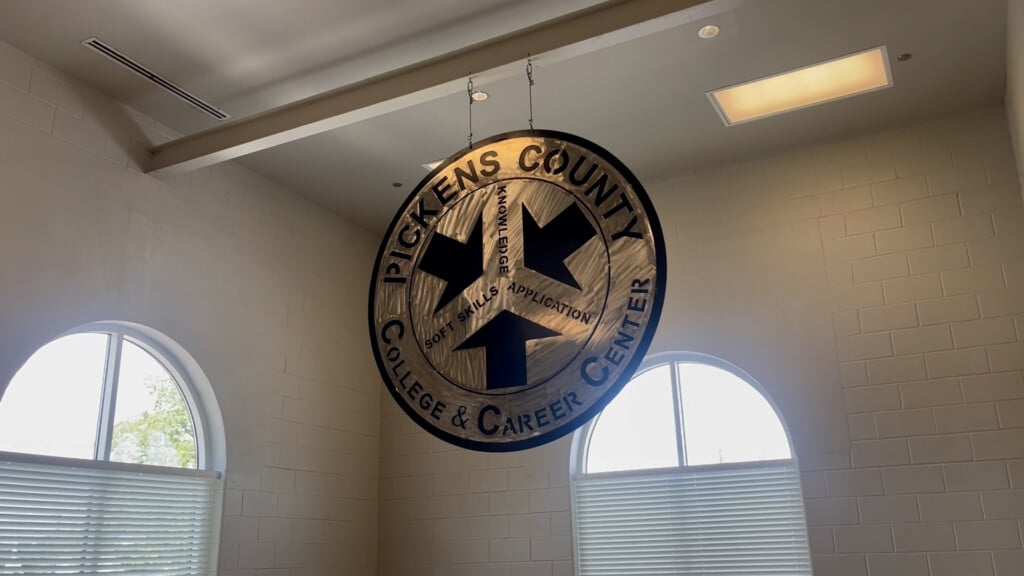As civilians deaths soar, fresh plea for ceasefire in Syria
UNITED NATIONS — The U.N. Security Council met on Thursday behind closed doors to call for a 30-day humanitarian ceasefire to allow aid workers to deliver food and medical supplies to besieged areas, as a senior diplomat warns the seven-plus year war has entered a brand new “darkest period.” The meeting, called by Sweden and Kuwait, was intended to address the critical humanitarian situation as the regime of Syrian President Bashar Assad ramps up attacks on opposition groups.
Speaking to CBS News via phone from his office in Damascus, Jakob Kern, the World Food Program’s (WFP) Syria country director, said that on his last visit to Ghouta, a rebel-held area just outside the capital city, he saw children “rummaging through garbage, eating animal fodder” and whatever else they could scrounge from the streets.
Assad’s forces have pummelled Ghouta, eastern suburbs of Damascus, in recent weeks, killing scores of civilians. As CBS News correspondent Elizabeth Palmer reported earlier this week, the shattered suburbs are one of the few anti-Assad strongholds left near the capital. Rebel fighters control the neighborhoods, but civilians still live there, and they have become sitting ducks for Syrian army shells and missiles.
For two years, Kern has been assisting over four million internally displaced and vulnerable families and children inside Syria with monthly food rations, including the provision of school meals to 500,000 school children.
“Desperation is an understatement,” Kern said of the situation in Ghouta now, noting that many of the children trapped in areas still under rebel control have “never seen the inside of a classroom.”
“What does that mean for the next generation?”
Ghouta has not seen a single humanitarian aid convoy for two months, Kern said, adding that the WFP needs the fighting to stop and approvals to be granted from the government for each shipment.
And the worst of the grinding disaster is not confined to the suburbs of Damascus. Further north in Idlib province, Assad regime jets were blamed just a week ago for strikes that hit a market and damaged a hospital in rebel territory, killing at least 11 people.
“In just one month, in December, hundreds of thousands of families were forced to flee in Idlib,” Kern said. “That is not normal.”
He said that the problem in Idlib and Ghouta, where the bombardments are the most intense, is exacerbated by the cold of winter; “I wore a hat and warm clothing. The children are running around with no shoes… If you get sick, you most likely die.”
The World Food Program says that today, nine million people are in need of food assistance and 6.3 million have been displaced. More than 5.4 million people have fled the country since 2011, while millions more are displaced inside their own country, according to the U.N. Refugee Agency.
More than 13 million people inside Syria are in need of immediate help, and almost 3 million are in areas the U.N. describes as hard-to-reach and besieged.
“In Syria, we are back to the darkest period of the conflict, with the highest death toll among civilians in the last two years,” French Ambassador Francois Delattre said Thursday.
Under that backdrop, Swedish Ambassador Olof Skoog told CBS News, “the U.N. in Syria called for a 30-day humanitarian ceasefire to allow the U.N. and its partners to save lives.”
“We are particularly concerned about attacks against civilians and civilian objects, such as hospitals. These attacks further compound civilian suffering, and are leading to large numbers of new displacements,” Skoog said, adding that there has been no progress on cross-line humanitarian access for the U.N. and its partners to reach besieged areas.
“This is leading to an even more acute situation, in particular in besieged East Ghouta. A humanitarian ceasefire would enable the delivery of life-saving assistance and the evacuation of hundreds of critically ill patients urgently needing medical treatment.”
After Council consultations, Russian Ambassador Vassily Nebenzia shot down the idea of a 30-day pause in the fighting, saying it is “not realistic.”
“We would like to see a ceasefire, but the terrorists are not sure they are in agreement with what the U.S. is proposing,” Nebenzia said.
The Council has asked Emergency Relief Coordinator Mark Lowcock to brief the Council on what needs to be done to support the call for a ceasefire and break the current deadlock.
Diplomatic efforts are not working, U.N. officials admit. In Geneva, U.N. Special Adviser Jan Egeland said this week that diplomatic efforts appear “totally impotent” and are “getting nowhere.”
“The level of destruction and human suffering we’re witnessing in the besieged enclave of Eastern Ghouta is unprecedented and catastrophic,” WFP Executive Director David Beasley told CBS News on Thursday. “Aerial bombardment and artillery attacks are claiming the lives of innocent men, women and children. Shortages of food, water, medicine and other items have driven people to the brink of endurance.”
“The World Food Programme joins other UN agencies in calling for an immediate pause in hostilities so we can deliver life-saving assistance to the people of Eastern Ghouta who so desperately need our help,” Beasley said.
Kern told CBS News that WFP aid convoys “are ready to go,” calling the impasse keeping them parked, simply “heart-breaking.”





Leave a Reply